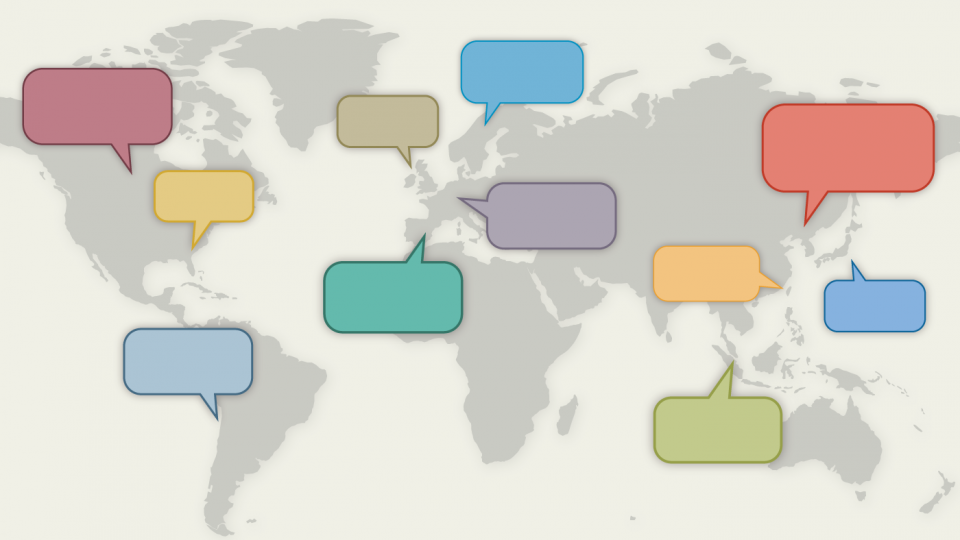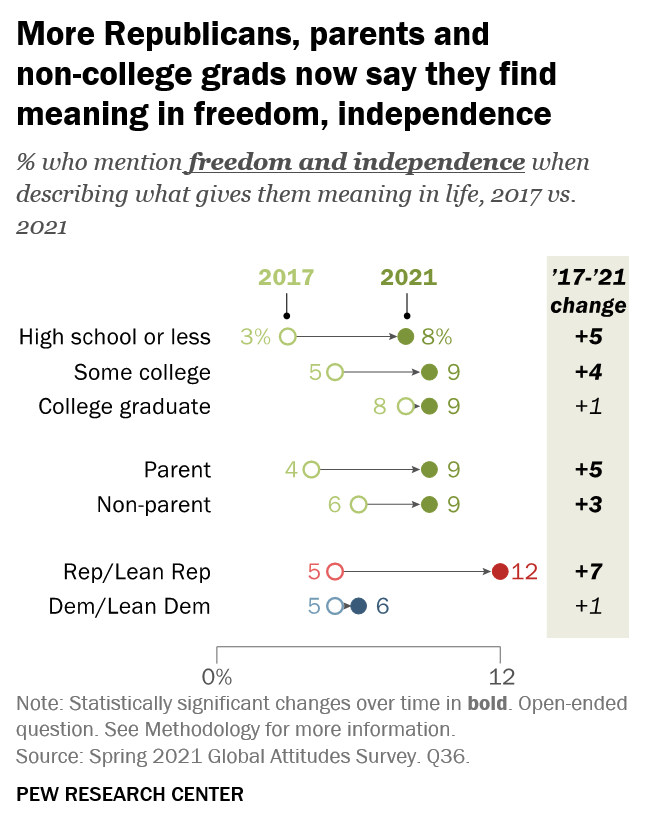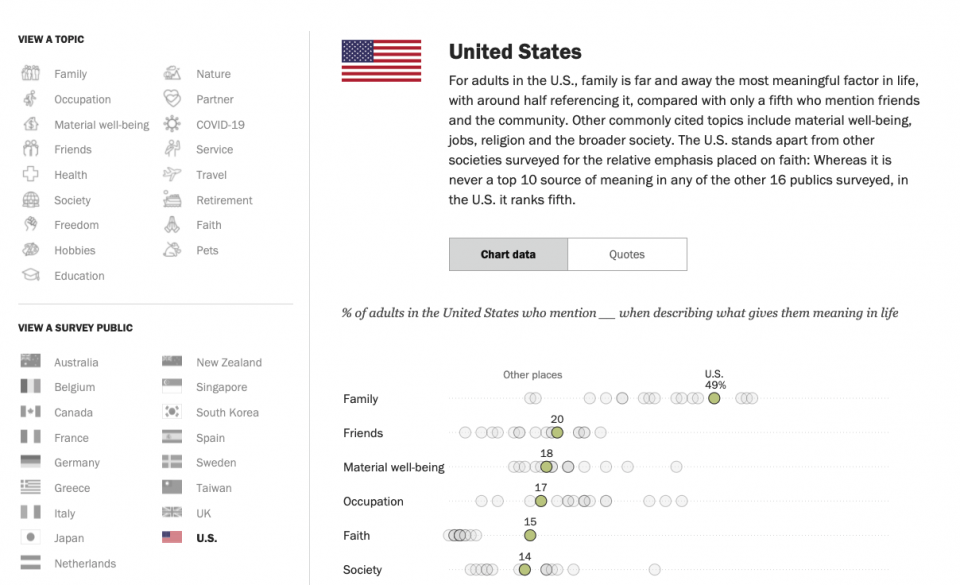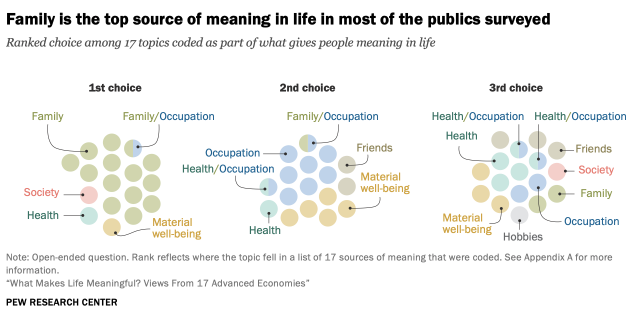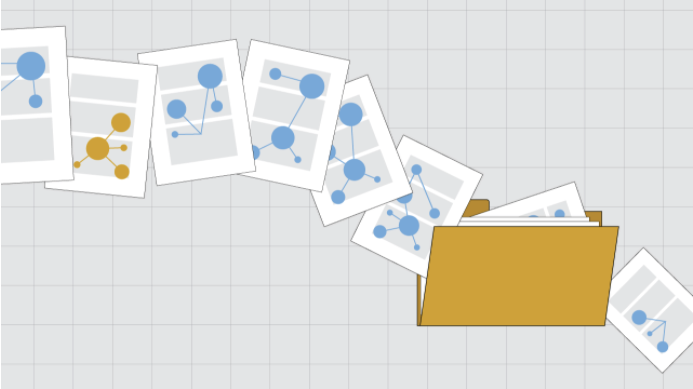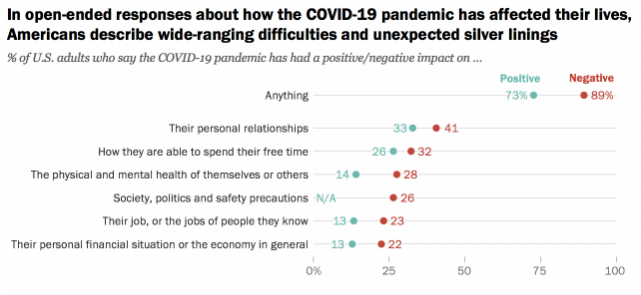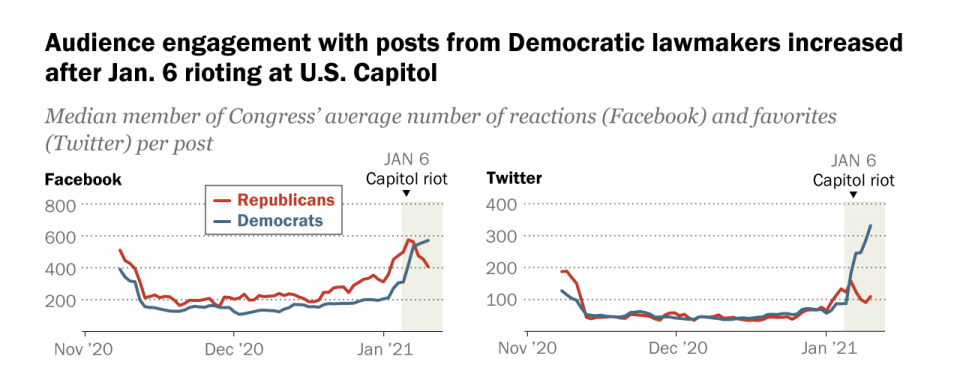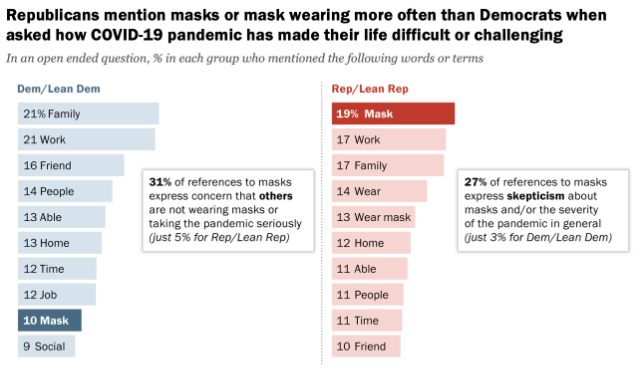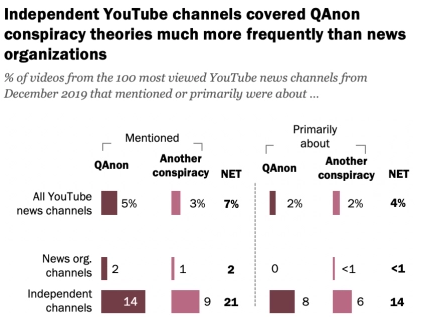Pew Research Center recently fielded a cross-national survey in which people around the world described, in their own words, where they find meaning in life. The analysis plan for this project hinged on developing a closed-ended codebook and applying it to nearly 19,000 open-ended responses, drawn from 17 societies and spanning 12 languages. In this post, we provide more background about this project and look more closely at a key question we faced along the way: whether to use professional translators or Google Translate to help make sense of the many thousands of open-ended responses we received.
